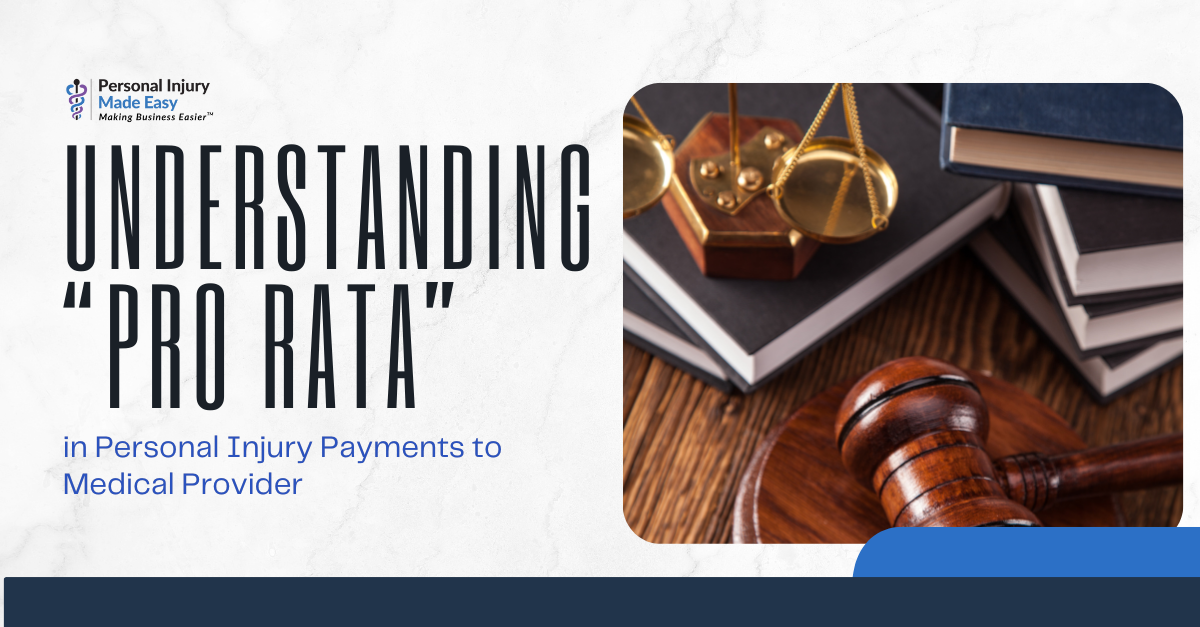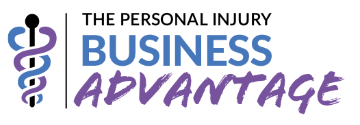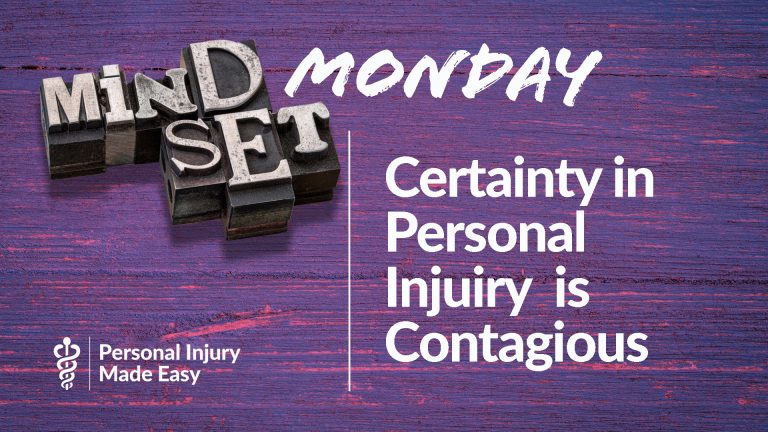
Key Kentucky Laws Affecting Personal Injury Cases
Navigating personal injury claims in Kentucky requires a clear understanding of the state’s statutes of limitations (SOL) and insurance regulations. From the strict deadlines for filing lawsuits and Personal Injury Protection (PIP) claims to the advantages of contractual medical lien agreements, Kentucky’s legal landscape offers both challenges and opportunities for medical providers. This article breaks down key SOL timeframes, the state’s “no-fault” system, auto insurance requirements, and how providers can optimize reimbursement strategies. By leveraging the right legal and financial protections, Kentucky medical offices can turn personal injury cases into a strategic advantage while ensuring timely and fair compensation.
Statutes of Limitations (SOL) for PI-Related Claims
Timely action and awareness of Kentucky’s statutory deadlines for various claims and rights is important in personal injury, and varies depending on the type of claim. There are some areas Kentucky is closer to the normal and others where Kentucky has advantages (like breach of contract):
- Personal Injury Lawsuit: a national norm of 2 years for auto/pedestrian accidents (1 year for other injuries), with tolling provisions that may extend deadlines.
- Personal Injury Protection (PIP) Claim: a short 1 year. Kentucky follows a “no-fault” system, requiring a minimum of $10,000 in PIP coverage.
- Medical Malpractice: a short 1 year—underscoring the importance of waiting a full year from discharge before pursuing patients directly.
- Breach of Contract: a lengthy 10 years generally from the date of breach to enforce written lien agreements (post-2014) such as a contractual medical lien agreements and letters of protection (LOP), and 5 years for oral agreements.
Kentucky’s “No Fault” & Negligence Rules, Auto Insurance Minimums & Thresholds
Kentucky is a “no fault” system, requiring drivers to carry Personal Injury Protection (PIP) coverage, though you can opt out and reject the PIP requirement following specific protocol. Knowing whether the type of negligence can cut off a patient’s personal injury recovery rights is important to know. Also important is the Kentucky’s insurance coverage minimums, so you know how much any patient-driver in a motor vehicle collision (MVC) has in potential case recovery as a minimum whether through the adverse driver or your patient’s own uninsured motorist (UM) coverage; and there could be more coverage available with any higher underinsured motorist (UIM) coverage your patient carries, if a commercial vehicle (e.g., Uber or Lyft) is involved, or there are additional defendants. The main protections for the medical office’s bills are through contractual deferred payment arrangements (where PIP and/or Med Pay is not sufficient), through medical lien agreements (Liens) and letters of protection (LOPs). Kentucky is favorable as to the type of negligence laws that apply for filed claims, as well as the minimum auto insurance coverage requirements and Lien protections:
- Minimum Lawsuit Threshold: at least $1,000 in medical expenses, a broken bone, permanent disfigurement, permanent injury, or death..
- Pure Comparative Fault: Kentucky allows patients to recover damages even if they are mostly at fault. This ensures that providers treating PI patients have access to settlement funds, regardless of liability disputes.
- Provider Protection Method: contractual medical lien agreements (Liens) and attorney-offered letters of protection (LOPs).
- Minimum Auto Insurance Requirements:
- $25,000 per person
- $50,000 per accident (aggregate)
- $25,000 for property damage
One caution for all Kentucky medical offices. You want to emphasize Liens over LOPs; and, you want to make sure the lien you use is far more comprehensive than what we usually see out there. Having “the right” Lien, and following certain Lien procedures, can truly position and protect you more than just about anything.
Faster Cash through Personal Injury Protection and Med Pay
Kentucky, being a “no fault” state, mandates minimum PIP coverage that can potentially cover not just medical expenses but also wage loss and other allowed costs incurred. Drivers can also carry optional medical expense (or “Med Pay”) coverage which covers solely medical expenses suffered by the driver-policy holder or any passenger in the car. Kentucky has a solid PIP minimum, though there are limitations, thresholds, and you have now attorneys asking providers to deal with all PIP insurer and also the finger pointing that occurs between a patient’s primary health insurer and the PIP insurer as to reimbursement responsibility. Thus, why Med Pay is the preferred auto benefit to pursue if available. As to PIP:
- PIP SOL: a norm of 1 year, and bills should be submitted within 30 days of treatment.
- PIP amount: higher than many other states at $10,000 minimum, with a $1,000 deductible, motorcycle coverage optional, and the option to reject PIP requirements following certain requirements.
- PIP threshold: if $1,000 in medical expenses, a broken bone, permanent injury or scaring, or death, then a PI lawsuit can still be brought in addition to PIP coverage (no threshold for passengers, pedestrians or bicyclists)
- PIP covered reimbursable items: medical expenses, lost wages (up to $200/week limit), and other out-of-pocket expenses.
Understanding these laws and regulations helps Kentucky medical providers, or those providers in other states that have patient’s injured in Kentucky, to navigate PI cases more effectively, helping to ensure proper and timely reimbursements and minimizing disputes and obstacles.
While there can be a perception of PI being a “hassle” for medical offices, it is actually quite the opposite when compared to the present medical environment of lower healthcare reimbursement rates, increased paperwork and health insurer delays and denials, the growth of pre-authorizations for coverage of treatment, and fighting for such lower and paper-intensive payment; personal injury offers a great number of advantages, both financial and non-financial. Let’s take a quick look at some of them.
Conclusion: A Strategic Opportunity for Kentucky Providers
Personal injury cases aren’t just a financial opportunity—they’re a smart business move for Kentucky medical providers. Kentucky laws are favorable, the PIP and minimum insurance coverages are favorable, and there are very significant operational benefits and improved patient outcomes that can mean all the difference in a happy, successful and thriving medical practice

















